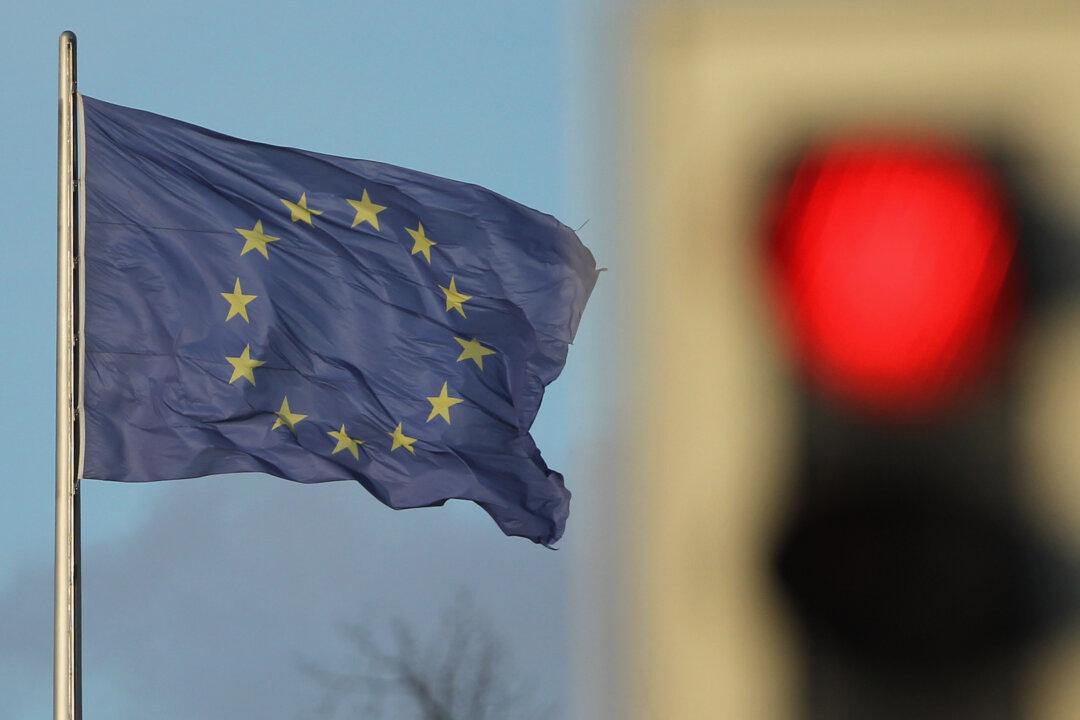The European Union on Thursday launched its digital COVID-19 certificate system, a “vaccine passport” type credential meant to smooth border crossings between the EU’s 27 member states.
Called the EU digital COVID certificate, the credential indicates if a traveller has been fully vaccinated against COVID-19, has received a recent negative test result, or has immunity due to recent recovery. It takes the form of a QR code which can be displayed on an electronic device such as a smartphone or printed out.





